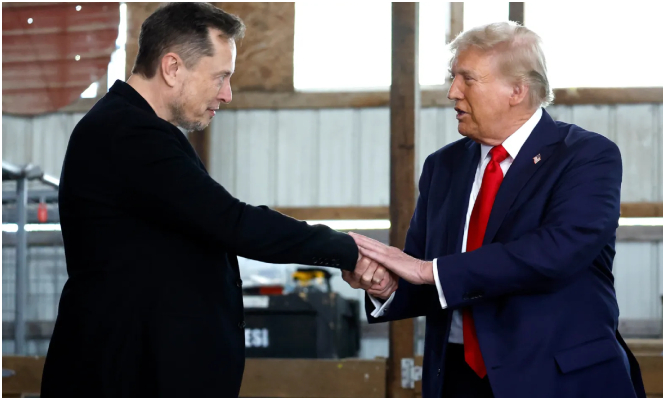Wisconsin Attorney General Josh Kaul has filed a lawsuit to prevent billionaire Elon Musk from distributing $1 million payments to voters ahead of the state’s Supreme Court election.
Kaul argues that Musk’s proposed financial incentives violate Wisconsin’s election bribery statutes, which explicitly prohibit offering anything of value in exchange for voting. The move has sparked legal and political controversy, with Wisconsin Democratic Party Chair Ben Wikler accusing Musk of committing a felony by attempting to influence voter turnout through monetary inducements.
Meanwhile, Musk suffered a significant legal setback in New York, where a U.S. judge denied his motion to dismiss a lawsuit alleging securities fraud. The lawsuit contends that Musk misled former Twitter shareholders by delaying the disclosure of his substantial investment in the company, now known as X. The ruling allows the case to proceed, potentially exposing Musk to financial and legal repercussions.
In a separate ruling, U.S. District Judge Amy Berman Jackson has issued a preliminary injunction preventing the Trump administration from dismantling the Consumer Financial Protection Bureau (CFPB). The decision ensures the continued operation of the agency while litigation over its potential closure unfolds.
Beyond Musk’s legal troubles, broader economic and political developments continue to shape the legal landscape. The S&P 500 and Nasdaq Composite experienced sharp declines amid investor concerns over former President Donald Trump’s proposed tariffs, which are expected to drive up pharmaceutical prices. Additionally, a federal appeals court has lifted an order blocking Musk and the Department of Government Efficiency (DOGE) from further budget cuts to the U.S. Agency for International Development (USAID), signaling potential restructuring of the agency’s operations.
Despite these major legal and political developments, independent journalists and activists argue that mainstream media outlets have largely ignored protests against figures like Musk and Trump.
Recent global demonstrations against Tesla, spanning the United States, Northern Ireland, Germany, and Canada, have received minimal coverage. Organizers claim that these protests demand greater corporate accountability but are being deliberately sidelined by major media networks.
With another large-scale demonstration, the “Hands Off” protest, set for April 5th in Washington, D.C., critics of the Trump administration’s policies on civil liberties and democracy are voicing concerns over media silence. Similarly, an ongoing Target boycott fueled by ethical and political disputes continues to gain traction through mid-April, yet mainstream coverage remains scarce.
As Musk’s legal battles unfold in Wisconsin and New York, the scrutiny over election interference and securities fraud allegations intensifies.
With growing public dissent and independent journalists highlighting underreported protests, the debate over media accountability and corporate influence on democracy remains a critical issue.

